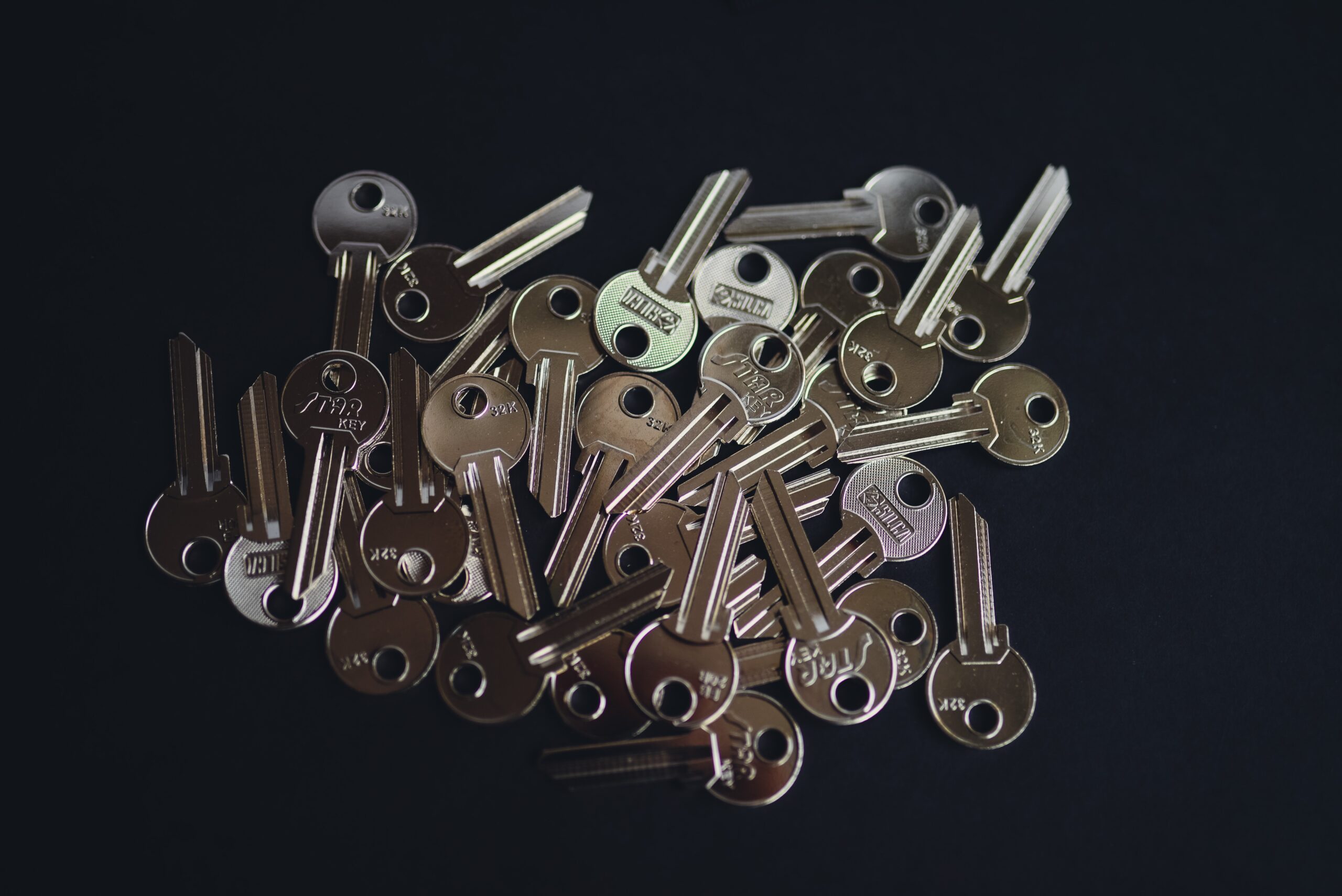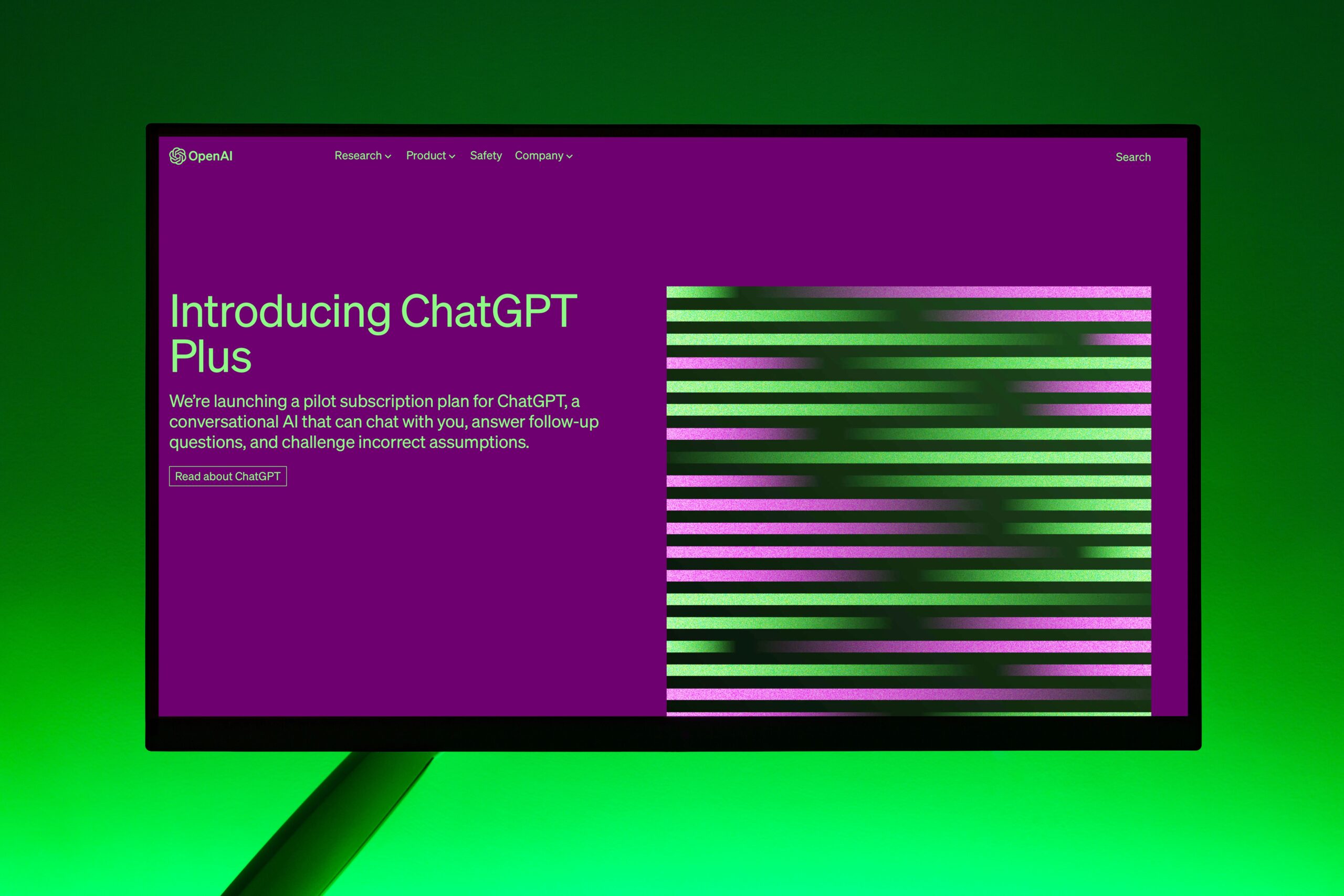How to Optimize Your PC for Gaming: A Comprehensive Guide

Gaming on a PC can be an exciting experience. However, to fully enjoy your games, it’s important to optimize your setup. This guide will help you improve your PC’s performance, ensuring it runs smoothly while gaming. Let’s get started!
1. Update Your Drivers
Keeping your graphics drivers up to date is crucial. Game developers often release updates to enhance performance. To update your drivers:
- Visit the website of your graphics card manufacturer (NVIDIA, AMD, or Intel).
- Download the latest drivers for your specific model.
- Install them by following the on-screen instructions.
Updating your drivers can boost your frame rates and improve stability.
2. Clean Up Your Hard Drive
A cluttered hard drive can slow down your PC. Remove unwanted files and programs. Here’s how:
- Open “Settings” and go to “Apps.”
- Uninstall programs you no longer use.
- Use the built-in “Disk Cleanup” tool to remove temporary files.
A clean hard drive will provide more space for games and help the system run faster.
3. Optimize Game Settings
Most games have settings that you can adjust for better performance. Here are steps to optimize in-game settings:
- Lower the resolution if you’re experiencing lag.
- Turn off anti-aliasing and shadows. These can be resource-heavy.
- Check the frame rate cap and adjust it to match your display.
Experiment with these settings until you find the right balance between quality and performance.
4. Overclock Your GPU and CPU
Overclocking can give you extra performance, but it must be done carefully. Here’s how:
- Use software like MSI Afterburner for the GPU.
- For the CPU, use the BIOS or a program like Intel XTU or AMD Ryzen Master.
- Increase the clock speeds gradually and test for stability.
Overclocking can improve your frame rates, but it may also increase heat. Make sure to monitor temperatures to avoid overheating.
5. Upgrade Hardware
If your PC still struggles with newer games, it might be time for an upgrade. Consider these components:
- Graphics Card: This is the most important part for gaming. Upgrading can offer a huge performance boost.
- RAM: Most games perform well with at least 16GB of RAM. Upgrading from 8GB can help in many cases.
- SSD: If you’re still using an HDD, consider switching to an SSD. It dramatically reduces load times.
Research compatible upgrades for your system before purchasing.
6. Adjust Power Settings
Your PC’s power settings can impact performance. Here’s how to adjust them:
- Open “Control Panel” and go to “Power Options.”
- Select “High Performance.” This setting allows your CPU and GPU to run at maximum speeds.
Make sure your PC remains plugged in while gaming. This prevents it from throttling performance to save energy.
7. Manage Background Programs
Background applications can slow your gaming performance. To close them:
- Use Task Manager (Ctrl + Shift + Esc).
- Identify programs that consume a lot of resources.
- Right-click and select “End Task” to close them.
Consider disabling unnecessary startup programs as well. This speeds up boot time and frees up resources.
8. Optimize Your Internet Connection
For online gaming, a stable internet connection is key. Here are some tips:
- Use a wired connection instead of Wi-Fi. This reduces latency.
- If you must use Wi-Fi, position the router close to your PC.
- Close any applications that use bandwidth, such as download managers or streaming services.
A good internet connection will reduce lag and improve overall gameplay experience.
9. Use Game Mode in Windows
Windows has a built-in Game Mode that prioritizes gaming resources. Here’s how to enable it:
- Press Windows + I to open Settings.
- Go to “Gaming” and select “Game Mode.”
- Turn it on.
This mode can help improve performance by allocating resources more effectively while you’re gaming.
10. Monitor Your Performance
Monitoring your PC’s performance can help you make adjustments over time. Use software like MSI Afterburner or HWMonitor to track temperatures and usage.
Keeping an eye on these metrics can help you identify issues before they become serious.
Conclusion
Optimizing your PC for gaming doesn’t have to be complicated. Follow these steps to enhance your gaming experience. Regular maintenance, updates, and hardware checks can keep your system running smoothly. Enjoy your gaming adventures with a PC that performs at its best!
By taking the time to optimize your setup, you can experience faster load times, smoother gameplay, and overall enjoyment in gaming. Happy gaming!




